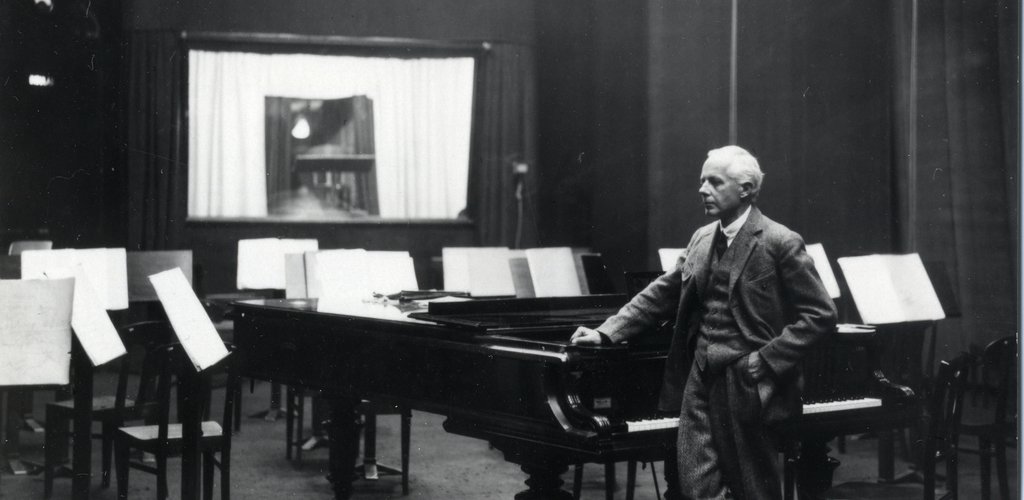Who is Béla Bartók for you?
Iván Fischer: Bartók is one of the greatest composers of all time. His personality is also extraordinary: he set a moral example for many generations. First of all, he extended his folk music studies from Hungary to other East European countries, demonstrating that music is an international, not a national value. Then he resisted the Nazis, went to emigration and became a symbol of resistence.
In Katowice you will conduct both ballets and an opera by Bartók – only stage works. May I ask you to say something about those pieces, from your personal perspective?
I. F.: These are three individual masterpieces, each one different. Bluebeard's Castle is a psychological opera, a conversation between man and woman, describing a complex, troubled relationship. The wooden Prince is a poetic fairy tale and the Miracolous Mandarin is a modern, provocative drama.
Can you see in Bartók a kind of romantic formation? His musical language was of course totaly modern, but I think about his aims (like creation of national music), and about his faith in the role and meaning of music.
I.F.: Bartók's music is deep, honest and emotional although he avoids even the slightest hint of sentimentality. On the surface it can appear cold and hard but if you open your ears for it, his music shows extremely deep feelings. Bartók didn't aim to create national music, he was a true cosmopolitan.
Don't you think we still have a lot of Bartók's music to discover? Why some masterpieces, like Four Pieces for Orchestra or Three Village Scenes, are so rarely played? And what about his great piano solo output? What should we do for introducing those pieces as a basic repertory in concert halls?
I.F.: It is the fate of all composers; there are favourite and less well known works. The Village scenes are difficult to perform but it is a great piece. Bartók's early piano concertos should be performed more often, especially Rhapsody and Scherzo.
Right now there is a 50th anniversary of Zoltan Kodaly's death. I don't know how his music is present in Hungary, but in the rest of world – I can say – he remains a composer of Harry Janos Suite and two collections of dances (I mean, obviously, ones of Marosszek and of Galanta). Is it really everything what should be still live from his oeuvre? What about the Concerto for Orchestra and other pieces? Why this often brilliant music does not work in international market?
I. F.: Kodály devoted most of his energy in education. He created a new solfeggio system, a complete educational method to teach children to sing in tune, to read music and hear really well. His educational achievement is sensational. He was also a scholar who had strong views of the rutes of music including folk songs. Composing was only one part of his rich life. He composed relatively little and because he firmly believed in tonality, he didn't take part in the 20th Century's main trend; in atonal and serial music. Kodály was a giant with relatively few successful compositions.
Have you ever conducted music by Szymanowski? What can you say about this music and its growing presence in international repertory (the question is because of 80th anniversary of his death, now in March).
I.F.: I like his music very much and I am delighted to see his growing success but I wouldn't dear to consider myself an expert. Studying and performing Szymanowski's music is among my longer term plans.
